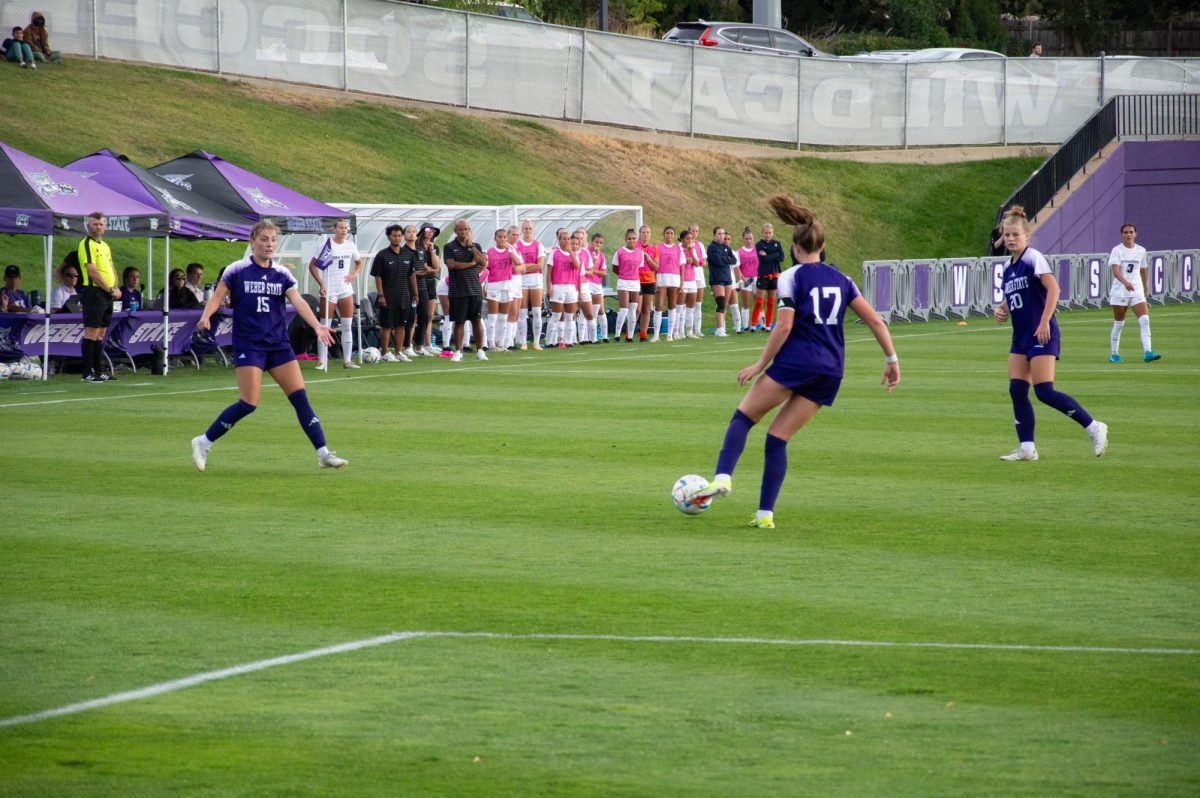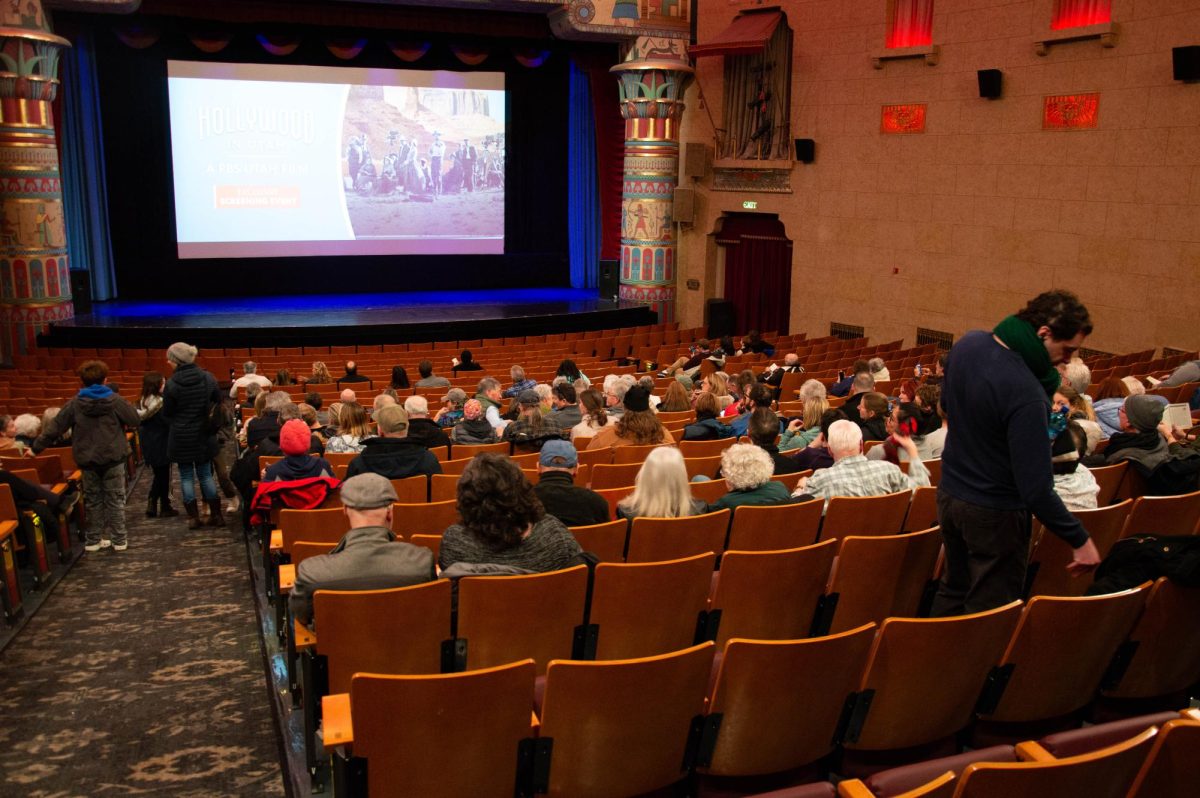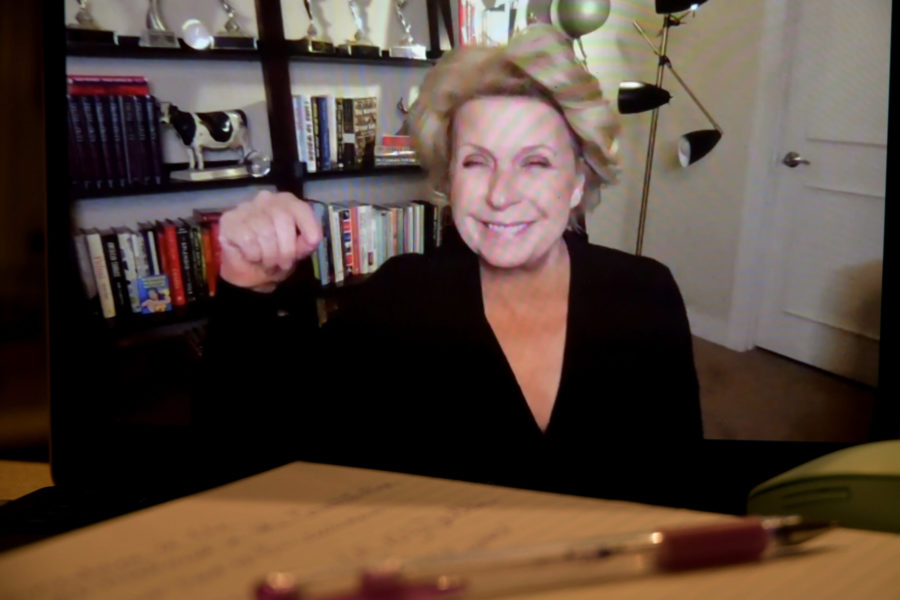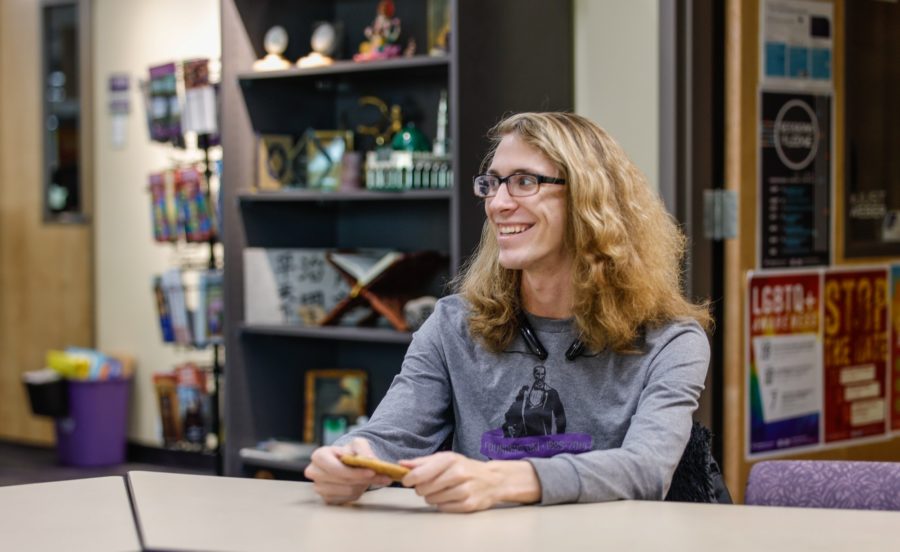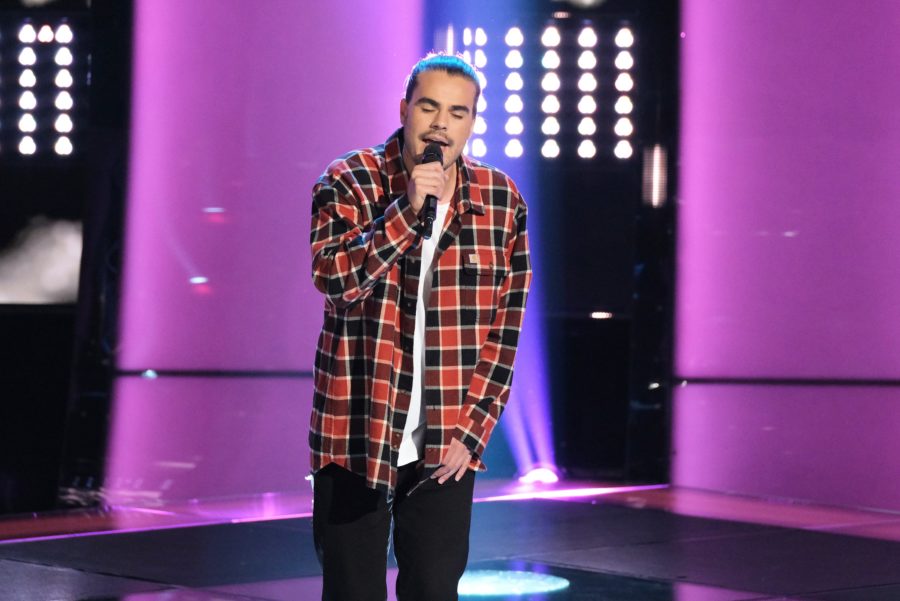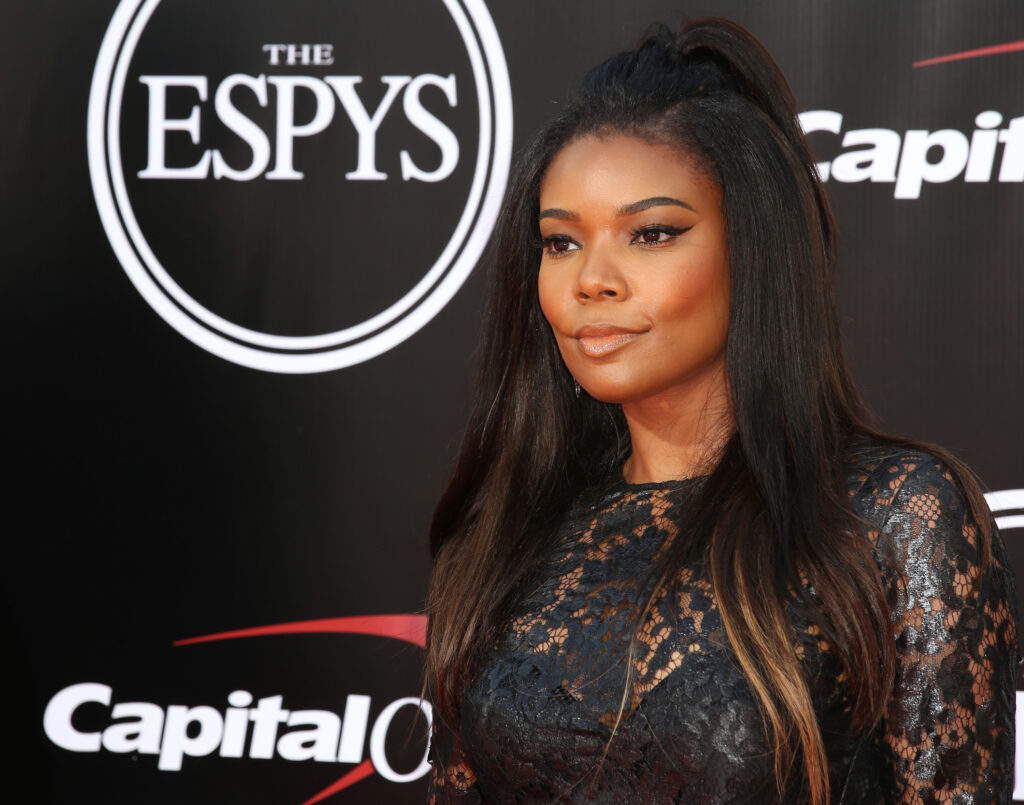
After four seasons, BET is set to pull the plug on one of it’s hottest shows, “Being Mary Jane.” The show is expected to end in 2018 with a two-hour movie finale.
According to Hollywoodreporter.com, when the show first aired its ninety minute pilot in 2013, it attained four million viewers between the ages of 18–49.
However, according to Tvseriesfinale.com, “Being Mary Jane’s” third season averaged 1.64 million viewers in the 18-49 demographic. By the fourth season, its average plunged to 860,000 viewers.
The steamy drama stars actress Gabrielle Union, who plays Mary Jane Paul, a news anchor from Atlanta who is the matriarch of her family.
Paul’s family members often seek her counsel, as well as her money, turning to her to relieve them of their financial burdens.
The news anchor has everything money can buy, but Paul struggles to find a “Mr. Right” with whom she can settle down and raise a family.
There was no official statement made by the show’s creator, Mara Brock Akil, who is known for her popular works “Girlfriends” and “The Game.”
On Oct. 12, speculation grew as Twitter buzzed that the show, which once glued millions of viewers across the world to their television sets every Tuesday, would be coming to a premature end.
“To every fan of “Being Mary Jane,” we want to thank you with every fiber of our being for faithfully watching the show, and supporting our work,” said Union in an official post to her Facebook and Instagram later that evening.
BET Networks’ newly installed Executive Vice President and Head of Programming Connie Orlando, issued a statement to Deadlinehollywood.com regarding the show’s cancellation.
Orlando said, “Being Mary Jane” has been a landmark series not only for BET, but for African American women … who saw themselves in Mary Jane, her family, friends, and coworkers.”
She continued, “From the captivating storytelling to the richly complex characters, to the powerful issues tackled on the series, we remain immensely proud.”
The show served as a medium to discuss the current issues affecting African American communities, from police brutality to prejudice. “Being Mary Jane” also touched on sexism, racism and other pressing issues within the African American community.
WSU multimedia journalism graduate Jasmine Pittman watched the show, and she believes that “Being Mary Jane” had a significant impact on its viewership.
“It was nice to see someone in the field that looks like me, and having characters on TV who look like you can play a big part in believing you could pursue your dreams,” Pittman said.









